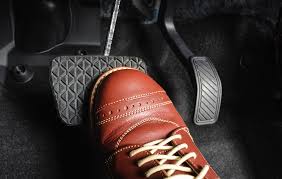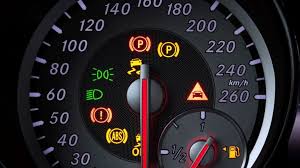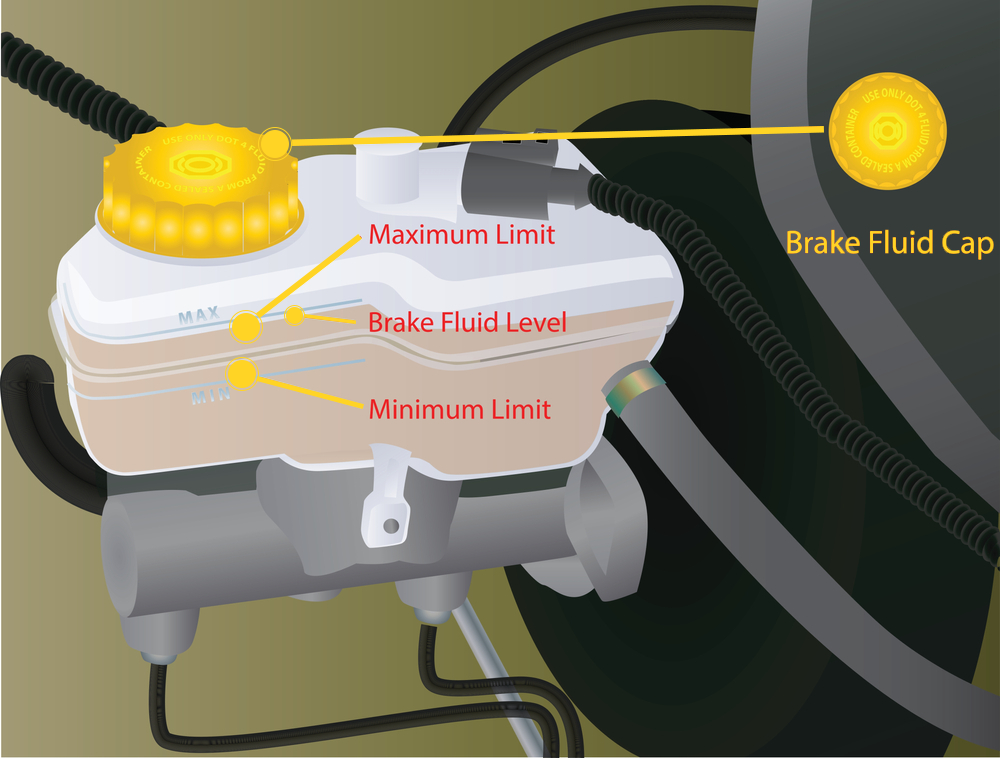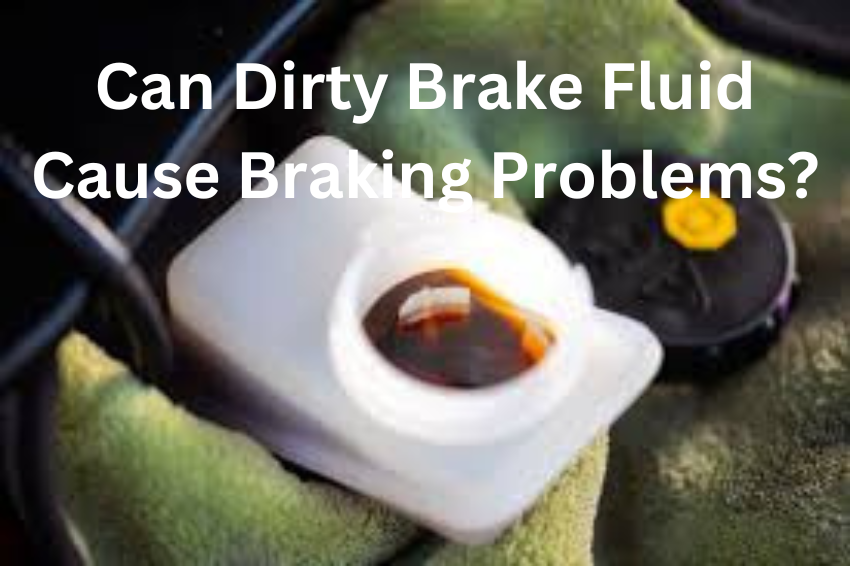Yes, dirty brake fluid (contaminated and degraded brake fluid) can significantly impair braking performance. It reduces the boiling point, leading to brake fade and increased stopping distances.
What Are The Symptoms Of Dirty Brake Fluid?
Dirty brake fluid, or contaminated or degraded brake fluid, can cause several problems with your car’s braking performance.
Here are some of the warning signs to watch out for:
- Spongy or Soft Brake Pedal: This means the brake pedal feels mushy or goes down further than usual before engaging the brakes. It may take more force to slow down the car.

- Increased Stopping Distance: You might notice it takes much longer than normal to bring your car to a complete stop, especially at higher speeds.
- Brake Fade: This happens when the brakes become less effective after repeated hard braking, often experienced downhill. You might press the pedal further and further, but the car doesn’t slow down as much.
- Warning Light Activation: Your dashboard might light up the ABS (anti-lock braking system) warning light or a general brake system warning light.

- Unusual Noises: Grinding, squeaking, or other strange noises while braking can indicate problems with the brake system, potentially caused by dirty fluid.
- Burning Smell: A burning odor after braking could be a sign of overheating brakes due to dirty fluid not properly transferring heat.
It’s important to note that other brake system issues can also cause some of these symptoms.
If you experience any of these warning signs, it’s important to consult a qualified mechanic as soon as possible for a professional diagnosis and any necessary repairs.
They can check your brake fluid reservoir, its color, and level, and perform a full brake system inspection to ensure your safety on the road.
Is It Safe To Drive With Dirty Brake Fluid?
No, it’s not safe to drive with dirty brake fluid.
Your brakes are one of the most critical safety features in your car, and dirty brake fluid can significantly impair their performance.
Brake fluid is a hydraulic fluid, meaning it transmits pressure to apply the brakes when you press the pedal.
Dirty fluid can become thick and sluggish, reducing this pressure and making it harder to stop the car.
Also, dirty brake fluid has a lower boiling point.
It can boil under high heat, creating air bubbles in the brake system.
These air bubbles compress easily, further reducing braking pressure and leading to a spongy pedal or even complete brake failure.
Even a slight decrease in braking performance can be dangerous.
Increased stopping distances or a less responsive brake pedal can make it difficult to avoid accidents, especially in emergencies.
If you suspect you have dirty brake fluid, don’t risk it.
Get your car to a qualified mechanic as soon as possible.
Can I Check My Brake Fluid Myself?
Yes, you can perform a basic check of your brake fluid yourself.
This can give you a general idea of its condition, but it’s important to remember that a full brake system inspection should always be done by a qualified mechanic.
Here’s how to do a simple visual inspection of your brake fluid:
- Locate the brake fluid reservoir: This is usually a translucent plastic container with a MIN and MAX fill line on the side. It’s typically located near the firewall under the hood, on the driver’s side. Consult your car’s manual for the exact location if you have trouble finding it.

- Check the fluid level: Look at the reservoir and see if the fluid level falls between the MIN and MAX lines. If the fluid level is low, it could be a sign of a leak in the brake system, and you should not drive the car. Have it towed to a mechanic for a proper inspection.

Read also: Brake Fluid Low But No Leak
- Inspect the fluid color: Fresh brake fluid is usually light amber or golden brown. If the fluid is dark brown or black, it’s dirty and needs to be changed. Never add new fluid to old fluid. This can be dangerous and should only be done by a professional.

Read Also: What Color Should My Brake Fluid Be?
While this basic check can be helpful, it’s important to understand its limitations.
It doesn’t tell you anything about the quality or boiling point of the fluid, which are necessary for proper braking performance.
For a complete brake system inspection, including checking the fluid quality and condition of other brake components, it’s always best to consult a qualified mechanic.
They have the expertise and tools to ensure your brakes are functioning safely and efficiently.
